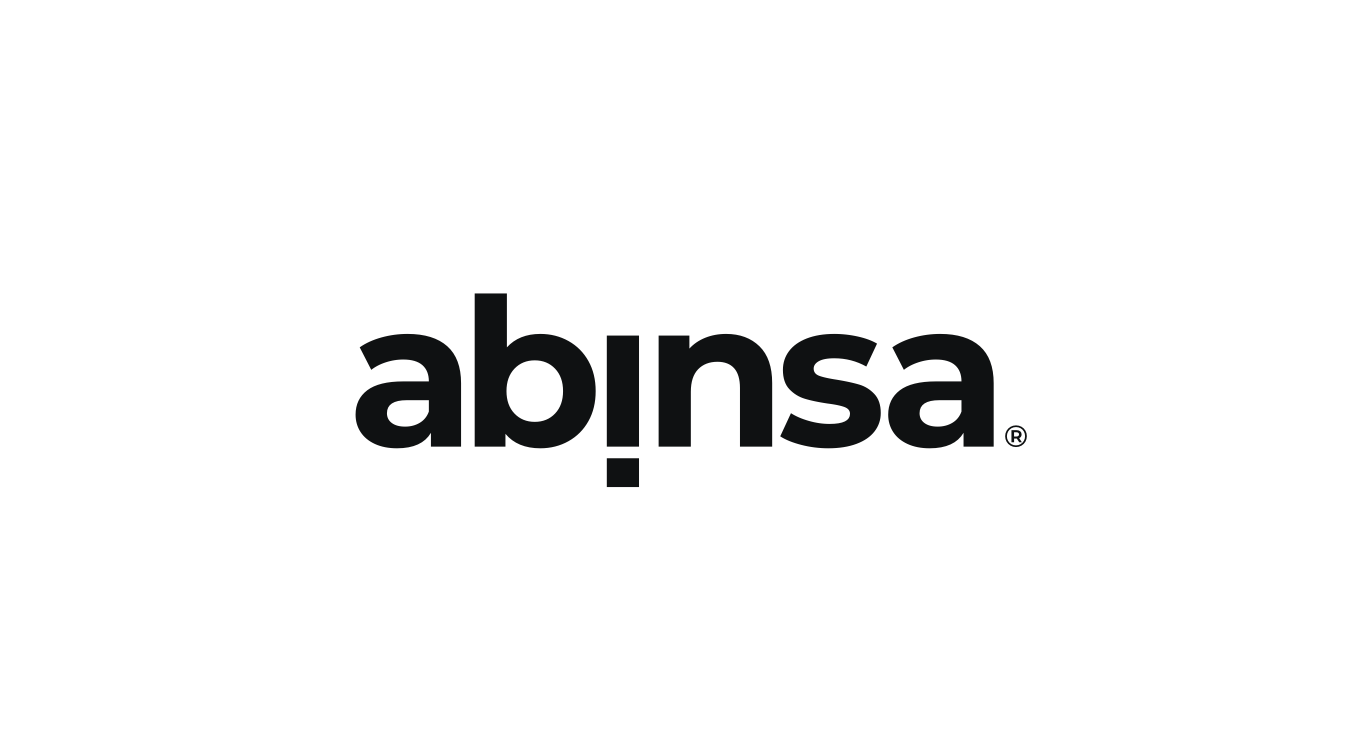

Abinsa SpA

Santiago Metropolitan Region, Chile
July 2024
Personal care products
Wholesale/Retail
Chile,
Colombia
Somos Aqua Baby, una marca chilena comprometida con la salud y el bienestar de los bebés y sus familias. Nuestra motivación surge de la necesidad de ofrecer toallitas húmedas libres de químicos en un mercado saturado de productos con ingredientes que no son adecuados para la piel delicada de un recién nacido. Nuestro objetivo es proporcionar toallitas húmedas hechas con ingredientes 100% naturales y con los más altos estándares de calidad, basándonos en solo dos componentes: agua purificada y aloe vera. De esta manera, mejoramos las prestaciones de un producto de uso diario que tiene como objetivo cuidar y proteger la piel de nuestros pequeños. En Aqua Baby, trabajamos incansablemente para crear productos honestos y naturales que cumplan con los más altos estándares de calidad. Todos nuestros productos están elaborados con el mismo cuidado y atención que brindamos a nuestros propios hijos. . Hecho con amor por madres y padres reales. Equipo Aqua Baby
Overall B Impact Score
Governance 17.8
Governance evaluates a company's overall mission, engagement around its social/environmental impact, ethics, and transparency. This section also evaluates the ability of a company to protect their mission and formally consider stakeholders in decision making through their corporate structure (e.g. benefit corporation) or corporate governing documents.
What is this? A company with an Impact Business Model is intentionally designed to create a specific positive outcome for one of its stakeholders - such as workers, community, environment, or customers.
Workers 24.6
Workers evaluates a company’s contributions to its employees’ financial security, health & safety, wellness, career development, and engagement & satisfaction. In addition, this section recognizes business models designed to benefit workers, such as companies that are at least 40% owned by non-executive employees and those that have workforce development programs to support individuals with barriers to employment.
Community 16.4
Community evaluates a company’s engagement with and impact on the communities in which it operates, hires from, and sources from. Topics include diversity, equity & inclusion, economic impact, civic engagement, charitable giving, and supply chain management. In addition, this section recognizes business models that are designed to address specific community-oriented problems, such as poverty alleviation through fair trade sourcing or distribution via microenterprises, producer cooperative models, locally focused economic development, and formal charitable giving commitments.
Environment 18.2
Environment evaluates a company’s overall environmental management practices as well as its impact on the air, climate, water, land, and biodiversity. This includes the direct impact of a company’s operations and, when applicable its supply chain and distribution channels. This section also recognizes companies with environmentally innovative production processes and those that sell products or services that have a positive environmental impact. Some examples might include products and services that create renewable energy, reduce consumption or waste, conserve land or wildlife, provide less toxic alternatives to the market, or educate people about environmental problems.
Customers 4.7
Customers evaluates a company’s stewardship of its customers through the quality of its products and services, ethical marketing, data privacy and security, and feedback channels. In addition, this section recognizes products or services that are designed to address a particular social problem for or through its customers, such as health or educational products, arts & media products, serving underserved customers/clients, and services that improve the social impact of other businesses or organizations.